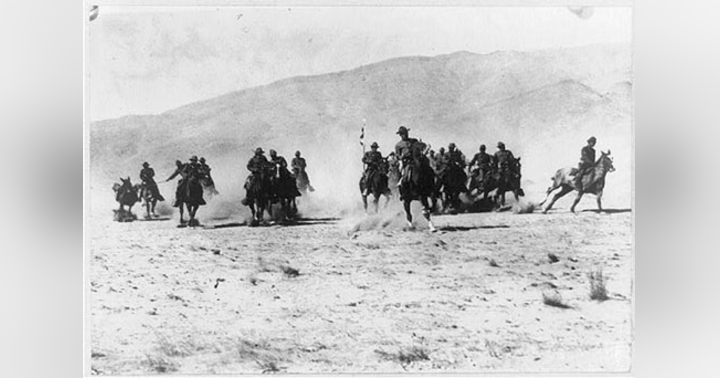Celebrating Independence: A Reflection on U.S. Independence Day

Every year, on the Fourth of July, the United States of America bursts into vibrant colors, joyous celebrations, and a profound sense of patriotism. Independence Day, commonly known as the Fourth of July, marks the commemoration of the nation's declaration of independence from British rule in 1776. It is a day of great historical significance, a time to reflect on the values that have shaped America, and an opportunity to celebrate the spirit of freedom that defines the nation. In this blog post, we delve into the origins, traditions, and significance of Independence Day, highlighting the enduring principles that make this day so special.
The Birth of a Nation:
The roots of Independence Day trace back to July 4, 1776, when the Continental Congress adopted the Declaration of Independence, a historic document drafted primarily by Thomas Jefferson. This document not only declared the thirteen American colonies as free and independent states but also articulated the ideals of liberty, equality, and unalienable rights that form the bedrock of American democracy. The signing of the Declaration of Independence marked the birth of the United States of America, forging a path toward self-governance and individual freedoms.
Traditions and Celebrations:
Independence Day is observed with a wide array of traditions and celebrations that unite Americans across the nation. Fireworks displays, parades, picnics, barbecues, and family gatherings are some of the cherished activities associated with the holiday. Fireworks, in particular, have become a symbol of the Fourth of July, illuminating the night sky with dazzling colors and symbolizing the triumph of liberty over tyranny. Parades showcase the nation's military might, historical reenactments, and cultural diversity, fostering a sense of unity among communities. The aroma of grilled food permeates the air as families and friends come together to enjoy barbecues and picnics, strengthening the bonds that hold the nation together.
Reflection and Gratitude:
Independence Day is not merely a day of celebration but also a time for reflection and gratitude. It serves as an opportunity to appreciate the sacrifices made by the founding fathers and countless others who fought for the nation's independence. It is a time to honor the men and women of the armed forces, past and present, who have selflessly protected the country's liberties. As citizens, it is a chance to reflect upon the values and principles that underpin American society and recommit ourselves to the pursuit of freedom, equality, and justice for all.
A Beacon of Freedom:
Independence Day transcends geographical boundaries, resonating with people worldwide as a symbol of hope and freedom. Throughout history, the United States has stood as a beacon of liberty, inspiring individuals around the globe to fight for their own independence and democratic ideals. The celebration of America's independence is a reminder of the power of human determination, the resilience of the human spirit, and the indomitable desire for self-determination.
Conclusion:
As fireworks light up the night sky, families gather, and the echoes of patriotic songs fill the air, Independence Day serves as a poignant reminder of the United States' rich history and the principles that bind its people together. It is a day to reflect on the struggles and triumphs of the past, celebrate the present, and envision a future guided by the core values of liberty, equality, and justice. On this Fourth of July, let us embrace the spirit of unity, gratitude, and optimism, and renew our commitment to preserving the precious freedoms that define the United States of America.


